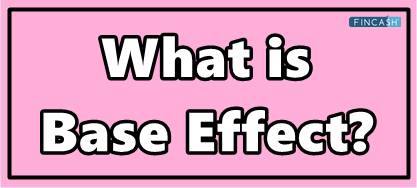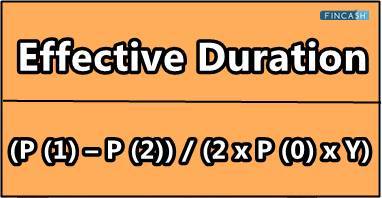January Effect
January Effect 2020 is viewed upon as the overall increase in stock prices in the month of January. Leading analysts all around usually correlate the given Rally to the overall increase in the process of buying. The buying is known to follow the downfall in the overall prices that is typically known to occur during December. It is during this period that investors who are known to engage in tax-loss harvesting for offsetting realized Capital gains, go forward with prompting a sell-off.

Another way to explain the same is that the investors utilize the cash bonuses at the end of the year for purchasing investments the next month.
An Insight into January Effect
The meaning of January Effect can be regarded as a hypothesis. Just like other calendar-related effects, the January Effect is also known to suggest that the given markets are inefficient. This is because the presence of an efficient Market would definitely make the given effect as non-existent. The January Effect is known to affect small cap significantly in comparison to mid & large caps. This is because these tend to be less liquid.
Since the advent of the 20th century, data reveals that the given asset classes have outperformed the entire market in January –especially in the mid of the month. The January Effect was first introduced in the year 1942 by Sidney Wachtel –a leading investment banker. However, the given historical trend is less pronounced in the latest era. This is because the market has subsequently adjusted to the same.
Another reason why analysts are not considering January Effect as important is because more individuals are utilizing tax-sheltered retirement plans. Therefore, they do not have any reason for tax loss at the end of the year.
Talk to our investment specialist
Explaining January Effect
In addition to repurchases and tax-loss harvesting, along with investors inputting cash bonuses into the respective market, another major way to explain January Effect is concerned with investor psychology. Some of the investors have the belief that January is the best month when it comes to starting an Investment plan. There are other investors who aim at pursuing the New Year’s resolution to start investments for the future.
There are others that have identified that Mutual Fund managers tend to purchase stocks belonging to top performers at the year’s end while eliminating questionable losers for the sake of appearance in the respective year-end reports. This activity is referred to as “Window Dressing.” However, there are unlike chances that both buying as well as selling would be significantly affecting large caps.
There is other evidence that supports the idea that individuals would be selling for tax purposes. In a study, increased selling for stocks was revealed experiencing significant capital losses before the year’s end and increased selling of stocks with major Capital Gains after the commencement of the year. Moreover, the overall trade size for stocks featuring large capital losses decreases before the end of the year.
All efforts have been made to ensure the information provided here is accurate. However, no guarantees are made regarding correctness of data. Please verify with scheme information document before making any investment.












